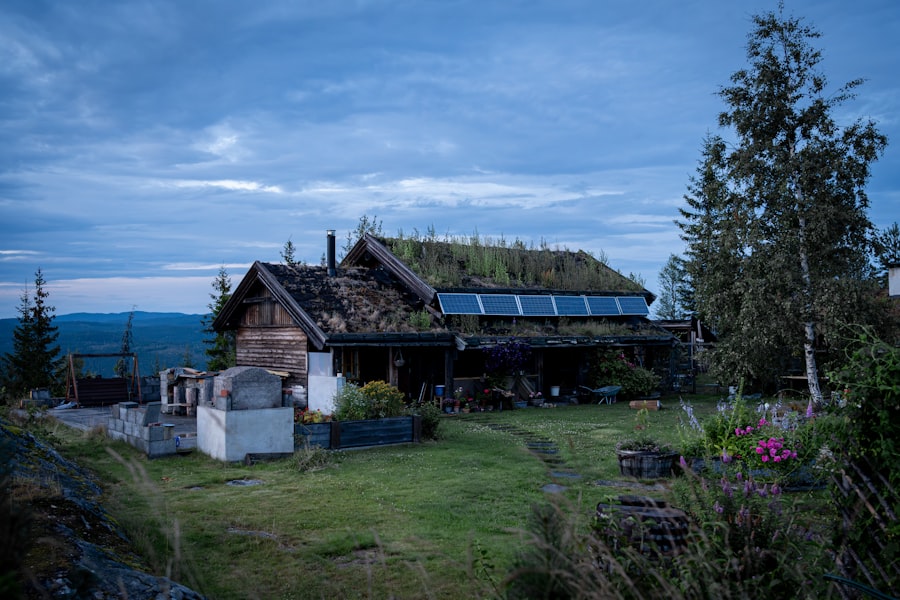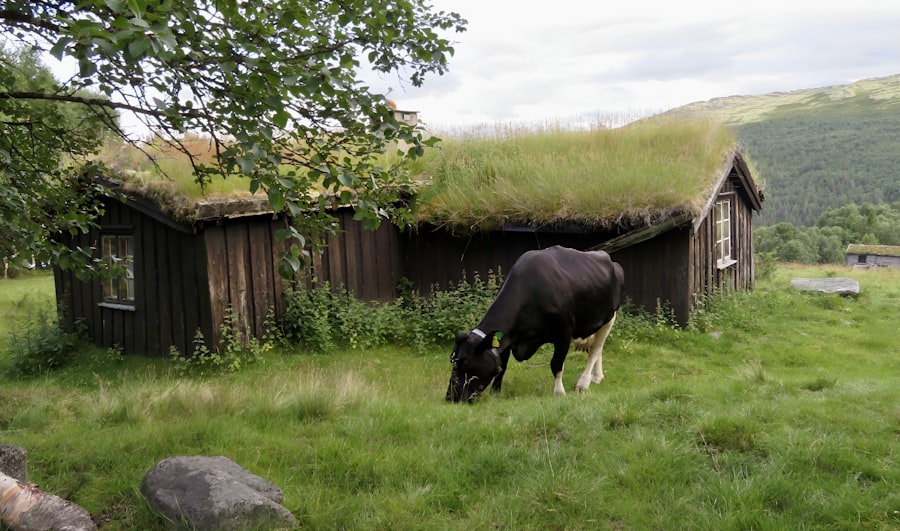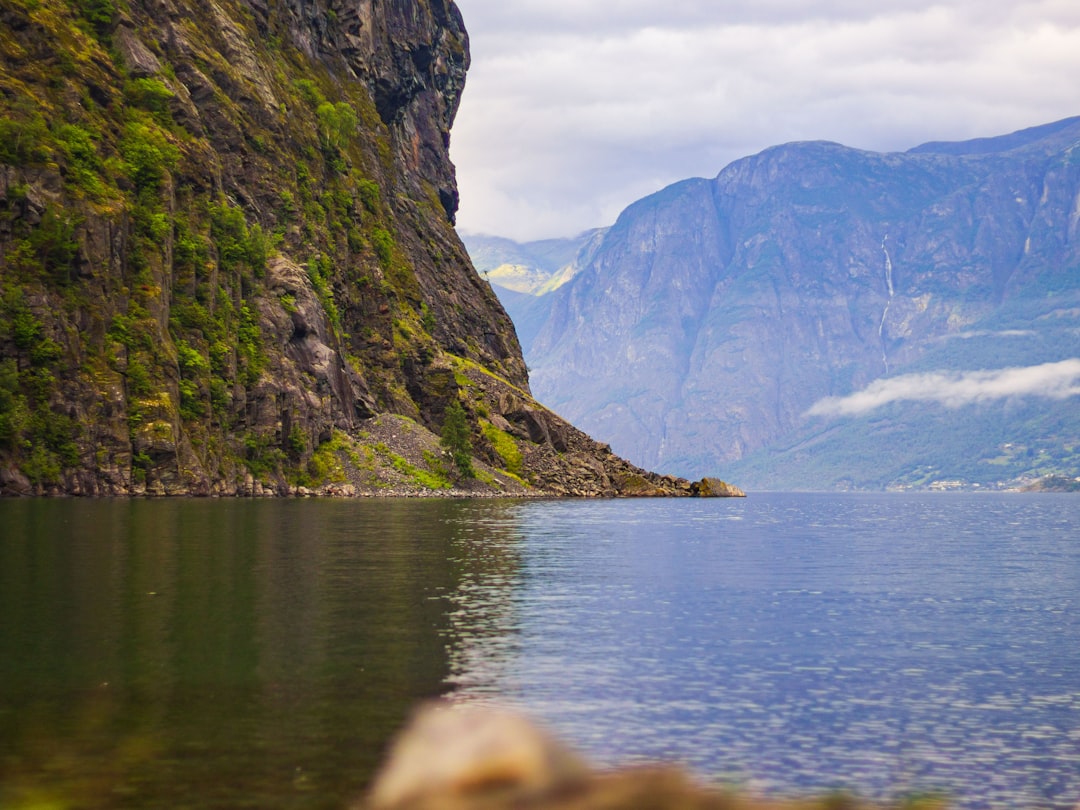Norway, a Scandinavian gem, is renowned for its breathtaking landscapes, rich history, and vibrant culture. Nestled between the North Atlantic Ocean and the Barents Sea, this country boasts an array of natural wonders, from majestic fjords to towering mountains. With a population of just over five million, Norway is known for its high standard of living, progressive social policies, and commitment to sustainability.
The capital city, Oslo, serves as a cultural hub, offering a blend of modern architecture and historical sites that reflect the nation’s storied past. As one of the wealthiest countries in the world, Norway has a robust economy primarily driven by its natural resources, including oil and gas. However, it is also a leader in renewable energy and environmental conservation.
The country’s commitment to preserving its stunning landscapes is evident in its numerous national parks and protected areas. For those considering a move to Norway, understanding the unique aspects of life in this Nordic nation is essential for a smooth transition and successful integration into Norwegian society. Book Your 1-Hour Relocation Strategy Session
Summary
- Norway is a Scandinavian country known for its stunning natural landscapes, rich cultural heritage, and high standard of living.
- Norwegians value punctuality, honesty, and respect for personal space in their social interactions.
- English is widely spoken in Norway, but learning some basic Norwegian phrases can help in everyday interactions.
- Finding accommodation in Norway can be challenging, but options include renting an apartment, student housing, or house sharing.
- The Norwegian currency is the Norwegian Krone (NOK), and setting up a bank account is essential for managing finances in Norway.
Understanding Norwegian Culture and Social Etiquette
Norwegian culture is deeply rooted in traditions that celebrate nature, community, and equality. The concept of “Janteloven,” or the Law of Jante, plays a significant role in shaping social interactions. This unwritten code discourages boasting and promotes humility, encouraging individuals to value collective well-being over personal achievement.
As such, newcomers may find that Norwegians are generally reserved and may take time to open up. However, once friendships are established, they tend to be deep and lasting. Social etiquette in Norway is characterised by politeness and respect for personal space.
It is customary to greet others with a firm handshake and maintain eye contact during conversations. When invited to someone’s home, it is polite to bring a small gift, such as flowers or chocolates. Additionally, punctuality is highly valued; being late is often seen as disrespectful.
Understanding these cultural nuances can greatly enhance one’s experience in Norway and foster positive relationships with locals.
Navigating the Norwegian Language Barrier

While many Norwegians speak English fluently, especially in urban areas, learning the Norwegian language can significantly enrich your experience in the country. The language itself has two official written forms: Bokmål and Nynorsk, with Bokmål being the more widely used variant. Familiarising oneself with basic phrases can help bridge the gap between cultures and demonstrate a willingness to engage with the local community.
Language courses are readily available for expatriates, often offered by local institutions or community centres. Additionally, language exchange programmes can provide opportunities to practice speaking with native Norwegians in a relaxed setting. Embracing the challenge of learning Norwegian not only aids in daily communication but also fosters a deeper understanding of the culture and traditions that shape this remarkable nation.
Finding Accommodation in Norway
Securing suitable accommodation is a crucial step for anyone relocating to Norway. The housing market can vary significantly depending on the region; urban areas like Oslo tend to have higher rental prices compared to rural locations. It is advisable to begin your search well in advance, utilising online platforms that list available properties or engaging with local real estate agents who can provide valuable insights into the market.
When considering accommodation options, it is essential to weigh factors such as proximity to public transport, amenities, and local services. Many expatriates opt for shared housing arrangements as a way to reduce costs while also fostering social connections. Understanding the rental process in Norway is vital; leases typically require a deposit equivalent to three months’ rent, and it is common for landlords to conduct background checks on potential tenants.
Setting Up a Bank Account and Understanding the Currency
Establishing a bank account in Norway is an important step for managing finances effectively. The currency used is the Norwegian krone (NOK), which is divided into 100 øre. Most banks offer services tailored for expatriates, making it relatively straightforward to open an account.
To do so, you will typically need identification documents such as your passport or national ID card, proof of residence, and possibly your employment contract. Once your account is set up, you will have access to various banking services including online banking, which is widely used in Norway for everyday transactions. Understanding the local banking system can help you navigate fees associated with international transfers or currency exchanges.
Additionally, many establishments accept card payments, making cash less necessary than in other countries.
Navigating Transportation in Norway

Norway boasts an efficient public transportation system that makes getting around relatively easy for newcomers. Major cities like Oslo have extensive networks of buses, trams, and trains that connect various neighbourhoods and suburbs. Purchasing a travel card can provide unlimited access to public transport within designated zones, making it a cost-effective option for daily commuting.
For those living outside urban areas or wishing to explore Norway’s stunning landscapes, renting a car may be advantageous. The country’s road network is well-maintained, and driving allows for greater flexibility when visiting remote locations or national parks. However, it’s important to be aware of local driving regulations and conditions, particularly during winter months when snow and ice can affect road safety.
Finding Employment and Understanding the Job Market
The job market in Norway is diverse and offers opportunities across various sectors including technology, healthcare, engineering, and tourism. While proficiency in Norwegian can enhance job prospects, many companies operate in English and actively seek international talent. Networking plays a crucial role in finding employment; attending industry events or joining professional organisations can help build connections within your field.
It’s also worth noting that Norway has strong labour laws that protect workers’ rights and promote fair wages. The work-life balance is highly valued; many employees enjoy generous vacation time and parental leave policies. Understanding these aspects of the Norwegian work culture can help expatriates adapt more easily and find fulfilment in their professional lives.
Accessing Healthcare and Understanding the Norwegian Healthcare System
Norway’s healthcare system is known for its high quality and accessibility. Funded primarily through taxation, residents are entitled to comprehensive medical services including general practitioner visits, hospital care, and specialist treatments. Upon moving to Norway, it is essential to register with the National Population Register to gain access to healthcare services.
Once registered, you will receive a personal identification number (personnummer), which is necessary for accessing medical care. It’s advisable to choose a general practitioner (fastlege) who will serve as your primary healthcare provider. While most services are free at the point of use for residents, some co-payments may apply for certain treatments or medications.
Exploring Norwegian Cuisine and Grocery Shopping
Norwegian cuisine reflects the country’s rich natural resources and cultural heritage. Traditional dishes often feature fresh seafood, game meats, and locally sourced vegetables. Staples such as fish cakes (fiskekaker), reindeer stew (finnbiff), and brown cheese (brunost) are popular among locals and offer a taste of authentic Norwegian flavours.
Grocery shopping in Norway can be an adventure in itself; supermarkets offer a wide range of products from international brands to local delicacies. While food prices may be higher than in some other countries due to Norway’s high cost of living, exploring local markets can yield fresh produce at reasonable prices. Additionally, many Norwegians enjoy cooking at home; participating in community cooking classes can be an excellent way to learn about local ingredients while meeting new people.
Making Friends and Building a Social Network
Building a social network in Norway can take time but is essential for feeling settled in your new environment. Engaging in community activities such as sports clubs, cultural events, or volunteer opportunities can provide avenues for meeting like-minded individuals. Norwegians often appreciate sincerity and shared interests; finding common ground through hobbies or passions can facilitate deeper connections.
Online platforms also offer opportunities for expatriates to connect with one another; social media groups dedicated to newcomers can provide support and advice on navigating life in Norway. Attending local meetups or language exchange events can further enhance your social circle while improving your language skills.
Embracing the Outdoors: Exploring Norway’s Natural Beauty
Norway’s stunning landscapes are one of its most alluring features; from dramatic fjords to serene lakes and towering mountains, outdoor enthusiasts will find ample opportunities for exploration. Hiking trails abound throughout the country, catering to all skill levels—from leisurely walks along coastal paths to challenging treks in the mountains. In addition to hiking, Norway offers numerous activities such as skiing in winter months or kayaking during summer.
The country’s commitment to preserving its natural beauty means that many areas remain untouched by urban development, allowing residents and visitors alike to immerse themselves in breathtaking scenery. Embracing these outdoor experiences not only promotes physical well-being but also fosters a deeper appreciation for Norway’s unique environment. In conclusion, relocating to Norway presents both challenges and opportunities that can lead to personal growth and enriching experiences.
To navigate this transition smoothly, consider scheduling a One-Hour Strategy Session with the Norway Relocation Group. This session will provide tailored advice on various aspects of moving to Norway—from understanding cultural nuances to practical tips on settling into your new home. With expert guidance at your disposal, you’ll be well-equipped to embrace all that this remarkable country has to offer while building a fulfilling life in Norway.

